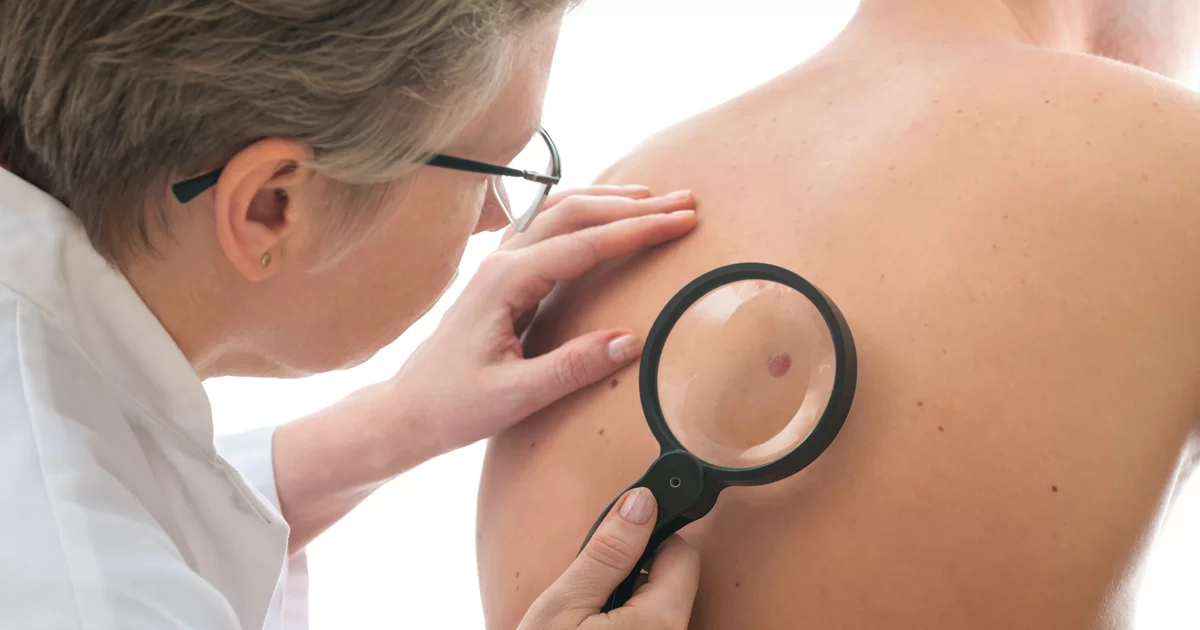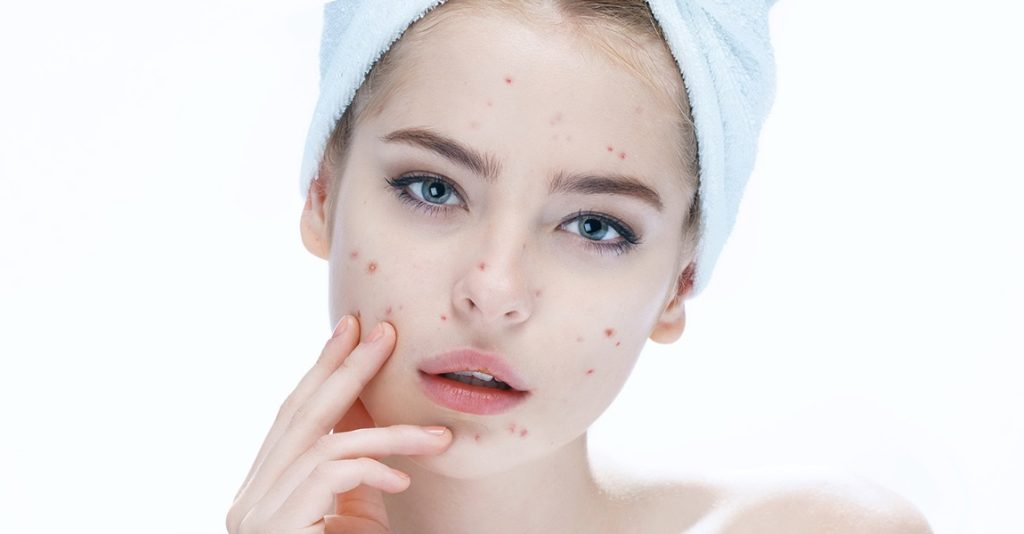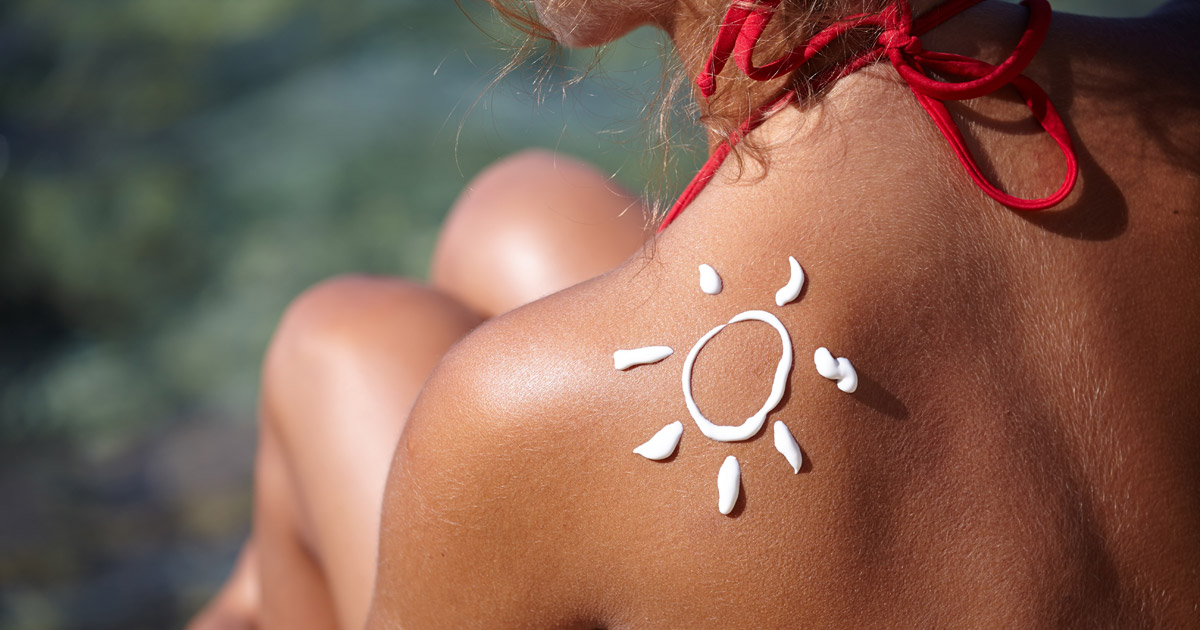
Beauty Tips for getting rid of acne
Home > Health Info > Health Articles

1. Keep your face clean. Wash your face twice a day. Excessive washing can worsen acne and damage the skin’s surface. Use a mild facial cleanser and lukewarm water. Always rinse well, and then dry your face with a clean towel.
2. Moisturize. Use a moisturizer that minimizes dryness as skin peeling. Try a light, oil-free moisturizer. Do not use a heavy cream with a mineral oil base as it can block your pores as cause more acne.
3. Let your skin heal naturally without picking on your acne. If you pick, pop or squeeze your acne, your skin will take longer to heal and you increase the risk of infection and getting acne scars. Acne scars are more difficult to treat than acne.
4. Wear less makeup. During breakout of acne, avoid wearing makeup e.g. foundation, powder, or blush. If you do wear makeup, wash it off at the end of the day. Look for “noncomedogenic” on the label, which means it should not cause acne.
5. Watch what you put on your hair. Avoid using oils, gels or hair sprays on your hair. If they get on your face, they can cause acne on your skin. Use a gentle shampoo and conditioner. Oily hair can add to the oil on your face, so wash your hair often. If you have long hair, keep it pulled away from your face.
6. Feed your skin with good diet. As you are what you eat, it is good for your skin to feed your skin with good nutrition. Add more fruits and vegetables to your diet and avoid fatty food, sweet and junk food.
7. Exercise regularly. Moderate exercise is good for your whole health, including your skin. Exercise will increase blood flow to the skin and aid healing, as well as improve the health.
8. Chill out! Stress is one of the big precursors of acne. Controlling stress can reduce the release of the stress hormone, and therefore reduce the severity of the acne. Ask yourself what make you feel stressed, and then find out the solutions.
Consult a dermatologist if you need more treatments to prevent or treat acne.
By Dr. Sureeporn Sritangrattanakul, MD., Bangkok Hospital Pattaya
Share :




